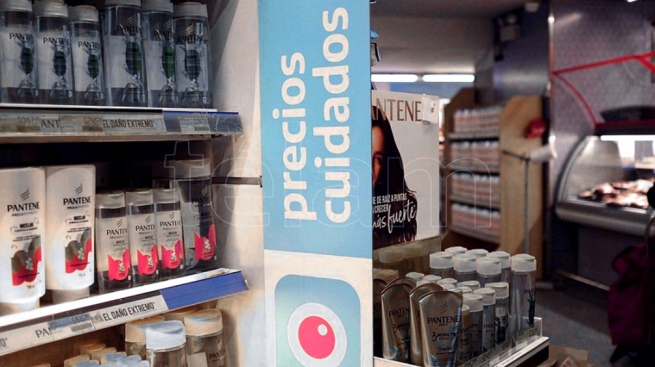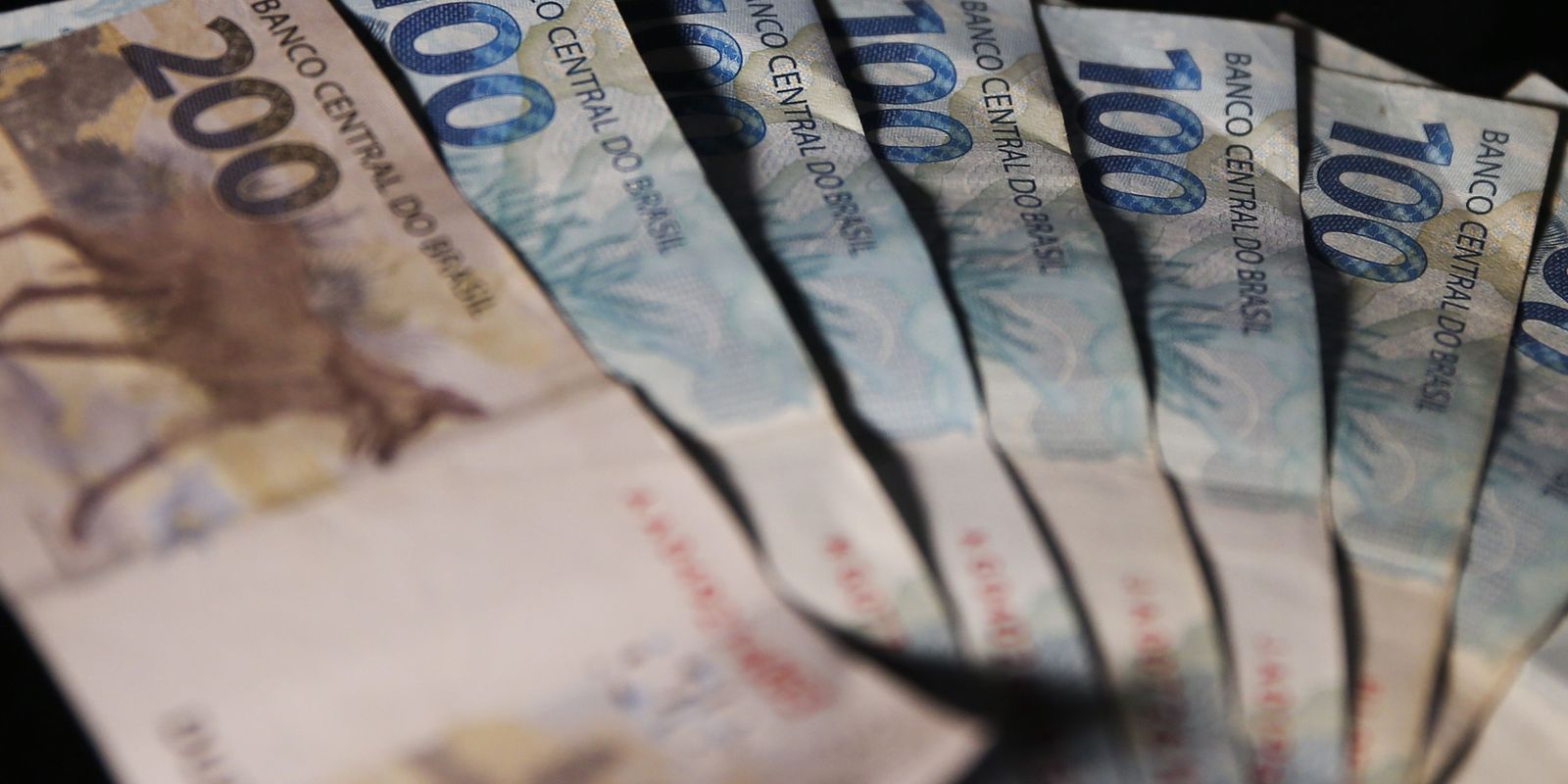The Secretary of Domestic Trade will renew the +Care Prices program on April 7, which will include a basket of 60 products for local businesses, and will start a new stage of Cared Cuts.
The program +Prices Care with 1,321 products was launched in January with a guideline of monthly average increase of up to 2% and quarterly review, so this Thursday it must be renewed.
In the list agreed with some 150 companies, one stands out wide range of essential products for purchases and everyday consumption such as 45 varieties of milk (long life, infant, flavored, fluid and powdered), 22 presentations of herbs, 6 loaves of bread, 24 types and sizes of disposable diapers and 33 varieties of dry pasta packages, among other premium items need.
In this new stage, The 60 products that make up the basket of the +Precios Care program will be included in local storeswith basic warehouse, dairy, hygiene and cleaning products.
“60% of the consumption of packaged food is through local businesses; several times we try to put together a basket; the problem is control but also the margin of trade, self-employment and informality,” explained the Secretary of Internal Trade, Roberto Feletti, shooting the basket.
Cuts Care
Meanwhile, Careful Cuts It will be in force throughout 2022 in more than 1,000 outlets of the large supermarket chains with seven cuts, and the first stage of the program extends until next April 7, when the extension conditions for the rest of the year will be analyzed.
In the first stage, the value per kilo of cut is $699 per strip of roast; $749 empty; $779 a kill; $449 a skirt; $639 for the roast lid; $799 a buttock and $649 a palette.
Consumers can buy the cuts in more than 1,000 outlets that include the large supermarket chains Coto, Jumbo, Vea, Disco, Carrefour, Walmart, Changomas, La Anónima and Día%; as well as the wholesale chains Vital and Makro and butcher shops affiliated with Unica and ABC.
Fruits and vegetables, the next step
On the other hand, Feletti together with the Undersecretary of Actions for the Defense of Consumers, Liliana Schwindt, held a working meeting with mayors and officials from various Buenos Aires municipalities belonging to the third electoral section, with the aim of articulating the implementation in the short term of a regulated basket of fruits and vegetables.
The idea behind Internal Trade is that the basket arrives in the first instance to the entire Metropolitan Area of Buenos Aires (AMBA)to later expand to other districts.
In this sense, Feletti highlighted that “in January and February we saw a high incidence of fruits and vegetables in the Indec Consumer Price Index”, which is why the Internal Trade Secretariat is working together with the Central Market , other hub markets and wholesalers of fruits and vegetables to stabilize prices.
Bread
In addition, an agreement was signed with representatives of the bakery sector based on which they recognize as a reference price for a kilo of French bread the range between $220 and $270 throughout the national territory, for a period of 90 days.
? We signed an agreement with the bakery chambers that establishes reference prices -between $220 and $270- for a kg of French bread throughout the country for 90 days.
➡️These values will be in force from the implementation of the #WheatStabilizerFund#AgainstInflation pic.twitter.com/p3vpBwbeOf
— Roberto Feletti (@RobertoFeletti) March 29, 2022
The reference values will come into force as of the start-up of the Argentine Wheat Stabilizer Fund, the compensation mechanism through which the national government guarantees the decoupling of the local price per ton of this cereal from international prices, before the sharp rise in the latter due to the war between Ukraine and the Russian Federation.
“With public funds from the increase in withholdings on soybean meal and oil, the price of a ton of wheat is going to be set at $25,000, which is the price in February; with which, the bag of flour 000 will be at $1,150 and the 0000 at $1,380″, explained Feletti.
Days ago, the secretary stated that the war between Russia and Ukraine, plus the rise in flour products, will have a strong impact on the inflation index for March.
“The war and the prices of flour products will hit inflation in March a lot,” Feletti said during an interview on Radio con Vos.
“The economy is recovering, as well as employment. The question is that incomes improve,” he considered.
Ukraine and Russia account for about 29% of world wheat exports, and the war between the two nations caused a sharp increase in this cereal, with the consequent increase in its derivatives, such as flour.











